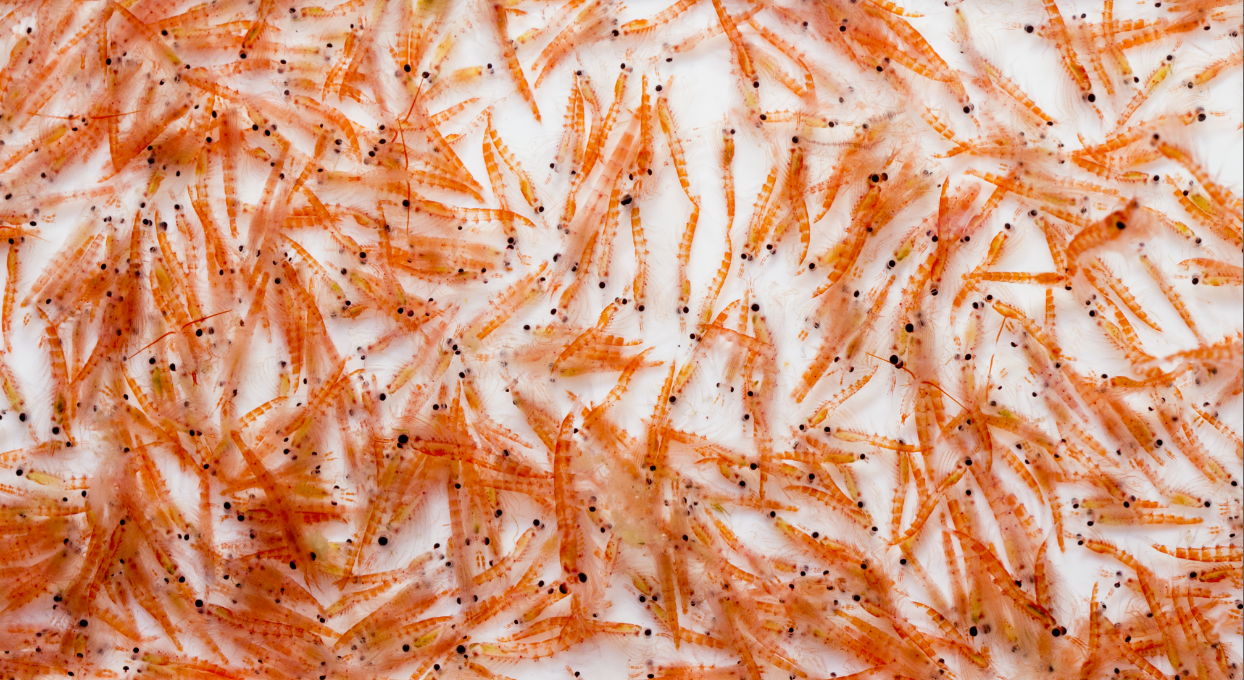Why Krill Oil Is More Stable than Fish Oil
Scandinavian researchers say multiple compounds are responsible for keeping krill oil stable during storage.

By now, manufacturers and even some consumers are familiar with the argument that krill oil is more efficiently absorbed than fish oil. Another distinction, however, is the likelihood that krill oil is more stable than fish oil. A team of researchers now believes they have more evidence of just what causes krill oil to be more stable during storage.
Krill researchers in Scandinavia placed krill oil samples in storage at 20°C or 40°C for 28 and 42 days, and they measured markers of oxidation as well as levels of antioxidants over time. With an increase in storage temperature came increases in fat oxidation and browning reactions, which were to be expected. But as oxidation increased, the researchers also identified an increased presence of antioxidative compounds called pyrroles, which appear to result from reactions of particular compounds during the browning stage.
While krill companies are well aware that krill’s contents of astaxanthin and tocopherol help keep krill oil stable over time-and more so than fish oil-the new data indicates that there are still other compounds that can protect krill oil from rancidity during storage. This gathering of antioxidant-like compounds may also mean, as some researchers have suggested, that krill oil is better suited for functional foods and beverages where it is not as easy to mask the flavor of unstable, rancid oil.
This latest study on krill oil, published in Food Chemistry, used Rimfrost krill oil from Olympic Seafood AS (Fosnavaag, Norway).
Robby Gardner
Associate Editor
Nutritional Outlook magazine
robby.gardner@ubm.com
Photo © iStockphoto.com/Tenedos














